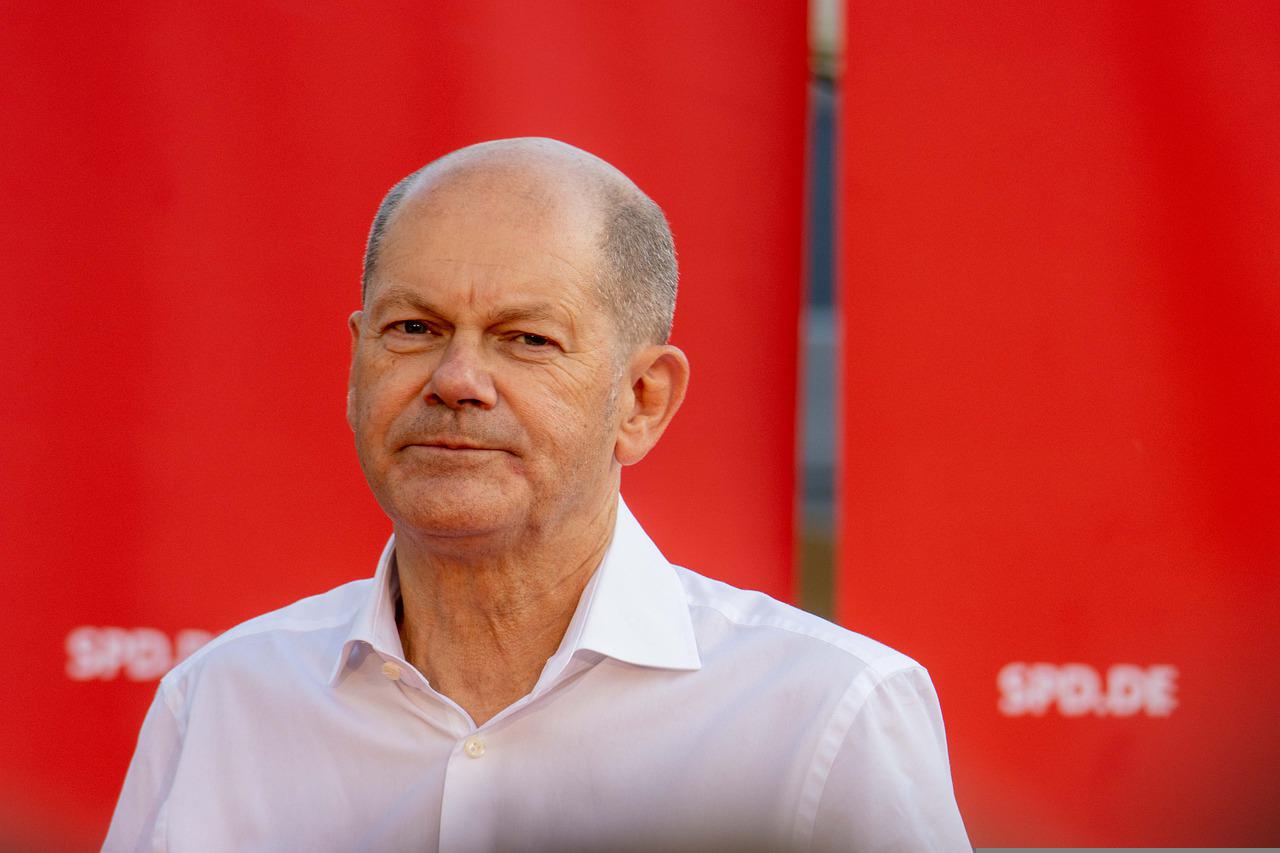How will the German economy fare?

Numbers, trends and scenarios on the German economy. The article by Pierluigi Mennitti from Berlin
Germany, a sign of optimism is coming from the entrepreneurial front. It is not so much a question of the rebound of Deutsche Bank shares on the stock market, after the black Friday with which it closed last week, as of the data provided by the Ifo Institute of Munich through its business confidence index.
THE CONFIDENCE OF COMPANIES IN THE GERMAN ECONOMY
According to the March numbers, despite the turmoil in the banking sector, German top managers are increasingly confident. The Ifo index, which measures business climate, in fact rose in March for the fifth consecutive time, reaching 93.3 points after 91.1 points in February. March's jump surprised economists, who had actually expected a slight decline around 91 points, precisely in light of the recent turmoil in the financial sector. But among the 9,000 executives surveyed, entrepreneurs' expectations improved significantly.
"Despite the turbulence of some international banks, the German economy is stabilising", commented the president of Ifo Clemens Fuest, "the business climate has improved in all economic sectors considered".
THE CRISIS OF THE SUPPLY CHAINS
The increase in confidence is probably also linked to the easing of supply bottlenecks, said Ifo economics expert Klaus Wohlrabe. This has been one of the negative constants since the first year of the pandemic three years ago, continued with new aggravating circumstances with the outbreak of the Russian war of aggression in Ukraine and the escalation of the international conflict, including the one with China.
In March, only about four out of 10 companies were experiencing supply chain issues, a significant decrease even compared to February, and much more marked than in the second half of last year. "The only negative note comes from the construction sector", added Wohlrabe, "here the concerns of the managers of the companies in the sector continue to be very deep". For the first time in more than a decade, the German real estate market has experienced a depreciation, affecting both property and rental values. And in addition to the increase in raw material and energy costs, the somewhat confused announcements of Economy Minister Robert Habeck on the acceleration of climate neutrality measures which will also have a heavy impact on the owners' budgets of homes (and consequently on tenants). In particular, the one on the replacement of gas and oil boilers with heat pump ones, which the green minister would like to start immediately. On this and other initiatives linked precisely to the energy transition, the government has been busy since Sunday in a regular meeting, which was then suspended on Monday afternoon and which will continue on Tuesday: the objective is to smooth out the conflicts between the majority parties (greens and liberals above all ) and put the compass in order for the continuation of government activity.
THE IFO FORECASTS ON GROWTH
Going back to the economic numbers, unlike the other main institutes and also the German Council of Economic Experts (the group of the so-called 5 wise men who support the government on economic and financial issues), the Ifo researchers do not currently foresee a slight growth for this year, but a decline in gross domestic product of 0.1%. Recently, however, other leading indicators, such as financial services provider S&P's Purchasing Managers' Index, have signaled that the German economy has started the new year with momentum.
In the fourth quarter of 2022, Europe's largest economy still contracted by 0.4%. With two negative quarters in a row, economists are talking about a technical recession.
"The various estimation indicators currently have a rather inconsistent trend", commented Jens-Oliver Niklasch, economist of the LBBW, interviewed by the public TV ARD, "however, the Ifo data on the business climate underline that the commercial economy has regained a kind of internal strength, fueled by a good order situation and stronger supply chains”. However, Niklasch remains cautious on the further development of the economy, referring to the numerous current downside risks and above all to the extreme uncertainty of the international security situation.
This is a machine translation from Italian language of a post published on Start Magazine at the URL https://www.startmag.it/economia/economia-tedesca-fiducia-imprese-ifo/ on Tue, 28 Mar 2023 06:01:56 +0000.
